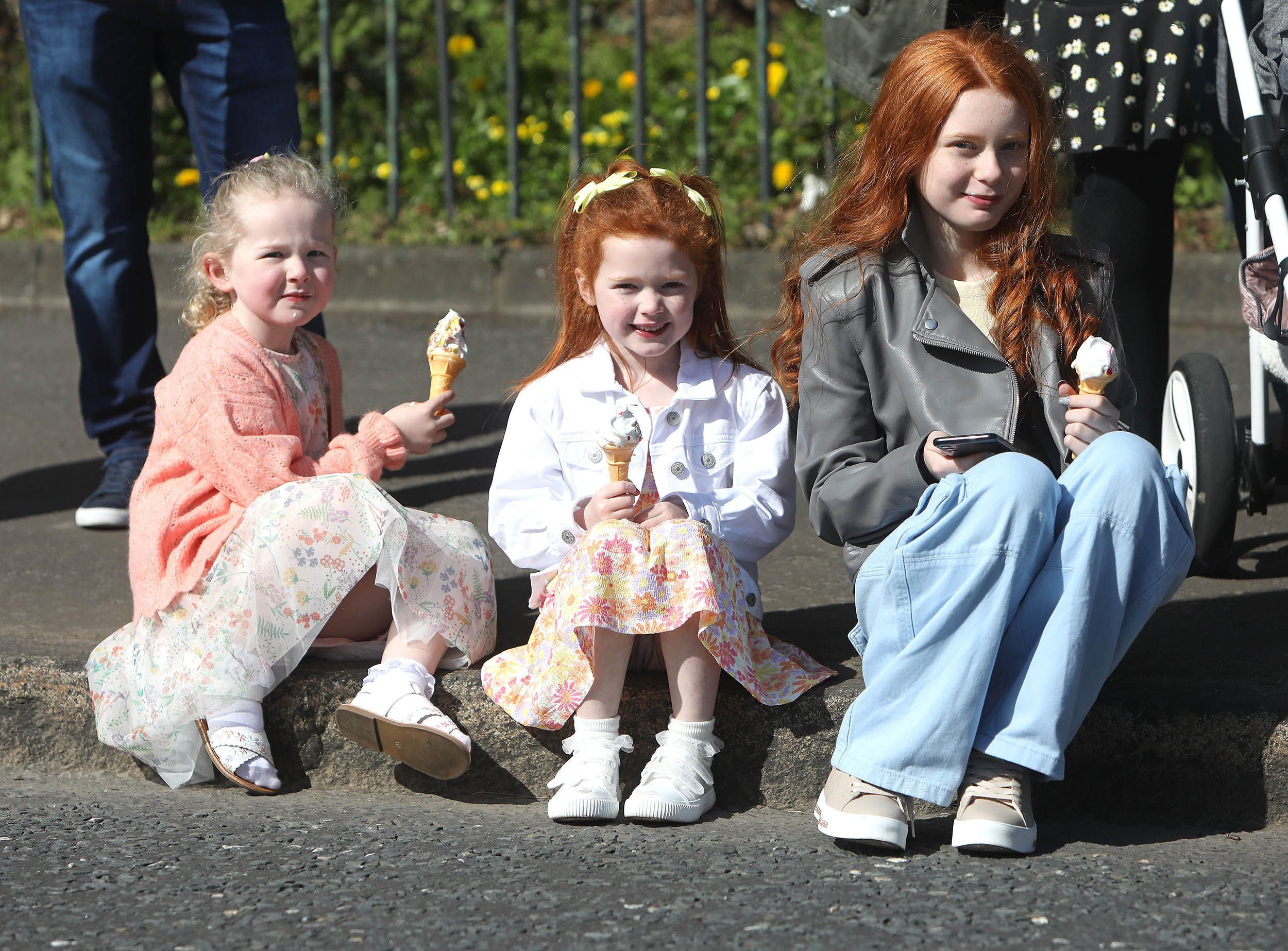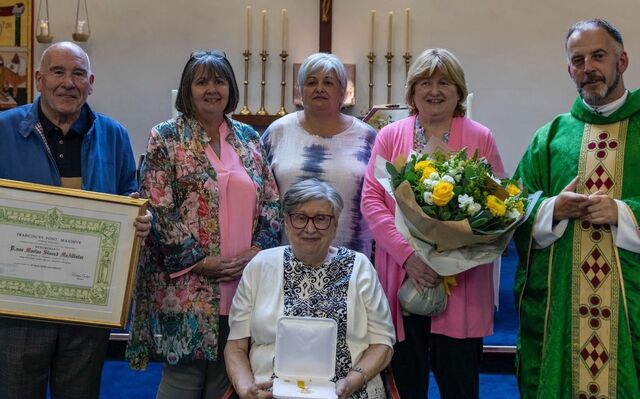MY good friend and esteemed woodcarver Michael Quirke of Sligo city has taught me over my many visits to his shop in Wine Street, Sligo to look no further than our own history for the origins of our ancient traditions.
Michael is a wonderful teacher of all things Irish and the richness of his tales awaken our Celtic spirit.
From Celtic Traditions to Modern Gesture Eggs, Easter, a globally celebrated holiday, is often associated with various customs such as Easter eggs, chocolate bunnies, and vibrant springtime festivities. However, delving into its roots unveils a rich tapestry of ancient Celtic traditions intertwined with the modern day preoccupation with "gesture eggs."
The origins of Easter can be traced back to ancient Celtic celebrations marking the arrival of spring and the veneration of Eostre, the goddess of fertility and rebirth. Our Celtic ancestors, observed the changing seasons with reverence, attributing profound spiritual significance to the cycles of nature. Eostre, or Ostara, was honored during the spring equinox, a time of renewal and rejuvenation. The arrival of spring symbolised the triumph of light over darkness, life over death, and the promise of abundance after the barrenness of winter. The tradition of decorating eggs predates Christianity and was prevalent across many ancient cultures, including our own.
The origins of Easter explained by Celtic pagan Seren Hawley-Plows. pic.twitter.com/j6amNDIyhv
— People of the Stars ✨ (@pplofthestars) March 20, 2024
Eggs, with their association with new life, became potent symbols of fertility and regeneration. The Celts would adorn eggs with intricate patterns and vibrant colours, offering them as gifts and talismans to bring prosperity and blessings in the coming season.
As Christianity spread across Europe, it assimilated many pre existing customs and rituals into its own religious observances. The celebration of Easter, commemorating the resurrection of Jesus Christ, became intertwined with pagan traditions, including the symbolism of eggs.
Over time, the egg came to represent not only the resurrection but also the tomb from which Christ emerged, signifying the victory of life over death. In modern times, the tradition of Easter eggs has evolved beyond its religious significance into a cherished cultural phenomenon. While the religious aspect remains central for many, Easter has also become synonymous with secular customs, such as egg hunts, egg rolling, and the exchange of chocolate eggs. However, amidst the commercialisation and secularisation of Easter, there has been a resurgence of interest in reviving ancient traditions and reconnecting with the roots of the holiday.
One such revival is the concept of "gesture eggs," which draws inspiration from the ancient Celtic practice of offering decorated eggs as tokens of goodwill and friendship. Gesture eggs are not merely decorative ornaments but meaningful symbols of connection and appreciation.
In a world increasingly dominated by digital communication and fleeting interactions, the act of exchanging gesture eggs embodies a return to more tangible forms of expression and human connection. It is a gesture of kindness, a small but significant reminder of the importance of personal relationships and shared traditions.
As we gather with loved ones to celebrate Easter, let us pause to reflect on the ancient traditions that have shaped this holiday and the profound symbolism of the humble egg. In honoring the past, we pave the way for a brighter and more connected future, guided by the timeless wisdom of our ancestors and the spirit of renewal that defines the essence of Easter.
For those of us who are lucky to get away this Easter, I would recommend a trip to Sligo. For me, I was content to join my neighbours at the Easter commemoration on the Falls where we celebrated and honoured Irelands' dead as we look forward to the rising of a New Belfast.






